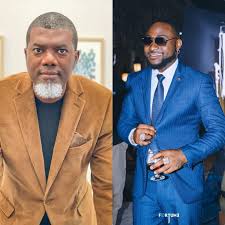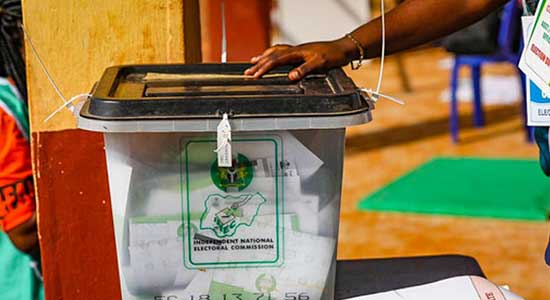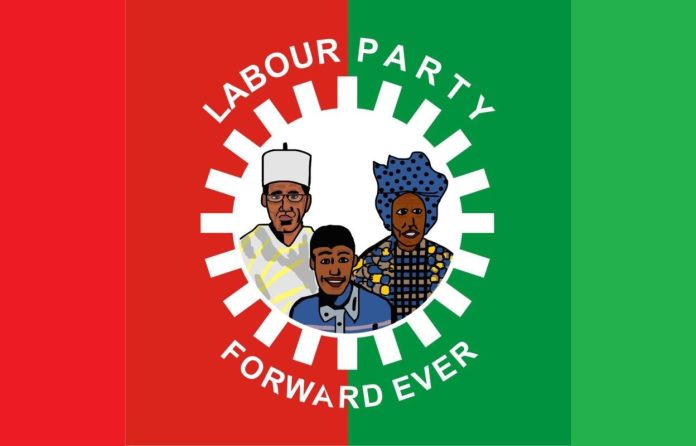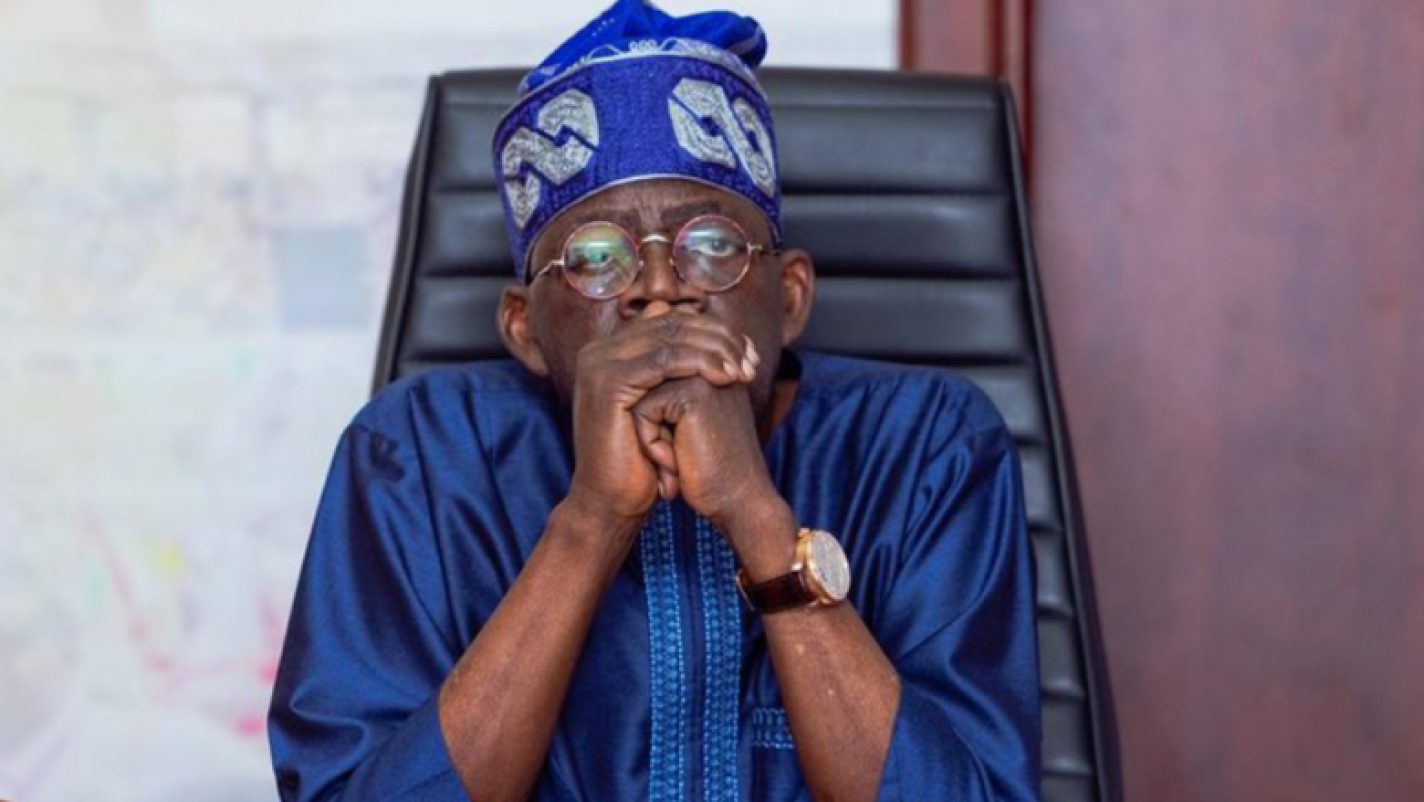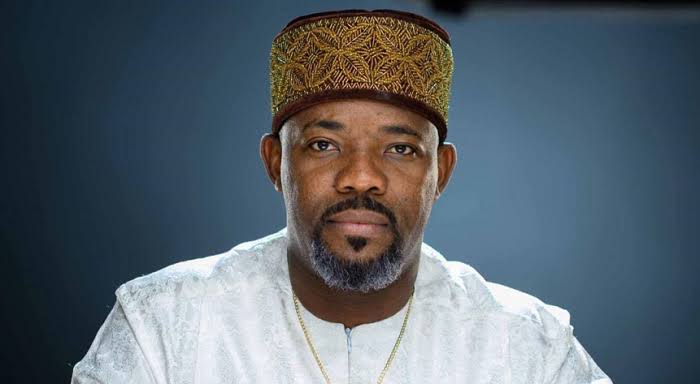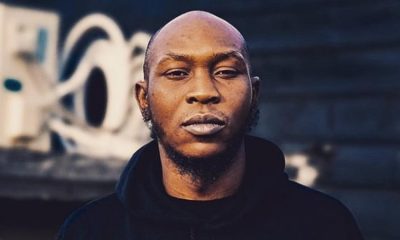A version of this article was first published in my June 21, 2014 column. It is still relevant today.

The other day I was reflecting on Nigerians’ new favorite pastime: endless griping about the increasingly disabling dysfunction of the country. And I realized that one theme that often stands out when we bewail our present conditions is that we almost always sentimentalize the past.

In other words, many Nigerians find relief from the worries of the present by taking a mental escape to the past.
For instance, when Nigerians bemoan the “indigene/settler” dichotomies in many states of the country, they like to recall, for example, that as far back as 1956, a Fulani man from Sokoto by the name of Malam Umaru Altine was elected the first Mayor of Enugu, the political capital of Eastern Nigeria. His religious and ethnic identity didn’t stand in the way of his election—as it certainly would in contemporary Nigeria.
READ ALSO: Will Asiwaju Bola Ahmed Tinubu Betray His Ancestor?
They also remember that when the late Alhaji Abubakar Rimi was governor of Kano State in the Second Republic, he appointed many non-Kano indigenes, including Christians from the South, as advisers and directors. There are several other examples of inclusiveness from the past that we invoke to deplore the politics of intolerance and exclusivity of the present.
[It should be noted, though, that Vice President Kashim Shettima, as governor of Borno State, blazed a trail in appointing southern Christians as cabinet-level advisers and aides. He appointed a certain Ifeanyi Onwubuya as his Chief Detail. Chief Kester Ogualili was his Special Adviser on Community Relations. One Christopher Godwin Akaba served as his Special Assistant. Babagana Zulum, Shettima’s successor, appears to be continuing with the tradition.Lagos State governors, including the current one, have also historically been ethnically ecumenical in their choice of gubernatorial aides and advisers. They usually have advisers from representative parts of the country. There are probably other “inclusive” governors like Lagos and Borno governors that I am not aware of. I welcome any information that helps me to expand my knowledge of this.
But, of course, this won’t earn our praise or become a reference point of inclusivity, even if it is only merely tokenistic, because it’s still in the present. It takes the passage of time to valorize gestures like this.
And when Nigerians bemoan the worsening insecurity in the country, especially in the northeast, they never fail to recall that Borno State, the main theater of Boko Haram’s unceasing carnage, used to be so peaceful that its license-plate slogan is “home of peace.” Now, that slogan reads like a cruel joke.
On almost every imaginable subject—infrastructure, electricity, standard of education, tolerance, security, governance, leadership, etc.—our past has become our refuge from the scourge of our present. About the only area that Nigerians don’t look to the past for inspiration is telecommunication. No one looks back to the days of NITEL with nostalgia even in the face of the crappy GSM services that private telecom operators provide now.
I know of no society that valorizes its past, in even the most trivial indices, with as much wistfulness as Nigeria does. Here in the United States, to give just one example, rather than a sentimental longing for the past, I notice a tendency toward chronocentricity, that is, the notion that the present is superior to anything that preceded it.
For instance, when Americans discuss race relations, they look back at their past with disdain. Even though they are far from achieving racial equality, they all seem to agree that they have come a long way; that every subsequent generation is more racially tolerant and broadminded than the one that anteceded it.
As some Black American leaders have pointed out, the fact that racial incidents like the Trayvon Martin murder case captured the national imagination and became the subject of intense national debate speaks to the unusualness of such cases and indicates how much progress has been made in race relations.
Although Americans also complain about declining standards in education, it isn’t as much a national obsession as it is in Nigeria. In fact, studies now show that young Americans actually read more print (and—obviously—electronic) books than did previous generations.
In many societies, people say things like “this is the 21st century, for God’s sake!” to rail against people who are narrow-minded, who are ensconced in their primordial cocoons, who are opposed to progress. Implicit in this utterance is the idea that the current age is an improvement on the previous ones; that history proceeds in a progressive, not a recursive, direction. Of course, this is not entirely accurate, but it does capture a certain level of confidence about the present—and optimism about the future.
Nigerians don’t have even this illusory luxury. The past is a lot more comforting than the present and is therefore a better template for the future. But why wouldn’t it be? As a nation we seem to be moving from bad to worse in almost every sphere.
At a time when most closed societies are opening up and open societies are becoming even more open, we are becoming more wedded to subnational loyalties than ever before.
And stealing of public money no longer makes headline news unless it’s in millions or billions of US dollars. What is more, we have become so desensitized to death that unless people die in their hundreds, newspaper editors don’t put it on the front page.
Even universities that are called “ivory towers” because of their putative insulation from the reality of everyday life are affected by this national culture of worshiping the past. University teachers look to the 1960s, 1970s, and 1980s to reclaim the idea of the university.
I have never heard or read any Nigerian university teacher brag about improvement in scholarship and pedagogy in the universities in the course of the years.
No future can be envisioned out of this depressingly dark present. That is why we glorify and idealize the past. But a country whose past is better than its present in most indices of human development is in a bigger trouble than it realizes. And, most certainly, a country whose future lies in its past has no future.
But, wait! Are we, perhaps, guilty of a phenomenon that psychologists call “rosy retrospection”? That is, the human tendency to look at the past more positively than the present because it has faded from our active memory.
When I look at the archives of the past that we sentimentalize today, I see the same lamentations of decline and dysfunction that we have become accustomed to. Is it a case of every epoch is the worst until it is succeeded by another— and the passage of time and the frailty of human memory wash off is ugliness?
Bille People in Both Rivers and Adamawa States?
My friend Professor Moses Ochonu called my attention to a status update shared by the sensationally impressive polyglot known as Adedeji Odulesi in which he talked about an ethnolinguistic group called Bille, which he said is found in the “Demsa and Mayobelwa” local government areas of Adamawa State and in the “Degema Local Government Area” of Rivers State.
He said the dialects of the Bille language in Adamawa and Rivers states are still mutually intelligible, i.e., they understand each other in spite of the wide geographic, historical, and cultural separation between them.
“Both claim to be brothers and do visit one another,” he wrote. “The Bille from Adamawa are said to have visited their kith and kin in Rivers in 2001, 2012 and during the installation of their new king.”
If this is true, it’s truly intriguing and thought-provoking because it defies our conventional understanding of language and people. It would serve as another evidence of the labyrinthine complexity of ethnic identities in Nigeria.
After reading of this, I decided to search up “Bille language” and “Bille people.” The results I got were jarring. All the articles I read about the “Bille people” talk of only Rivers State. There is no mention of them in Adamawa State.
On the other hand, articles about the “Bille language” talk about the language in Adamawa State. There is no indication I can find anywhere that the language can also be found in Rivers State.
Yet Odulesi isn’t a flippant person. But is there a Bille person in either Rivers State or Adamawa State who can confirm what Odulesi said about them? I would really appreciate it.
Should this turn out to be true, it would be a chapter in my forthcoming book on collective identity construction in Nigeria. Please share with people who are from these places.
Farooq A. Kperogi



